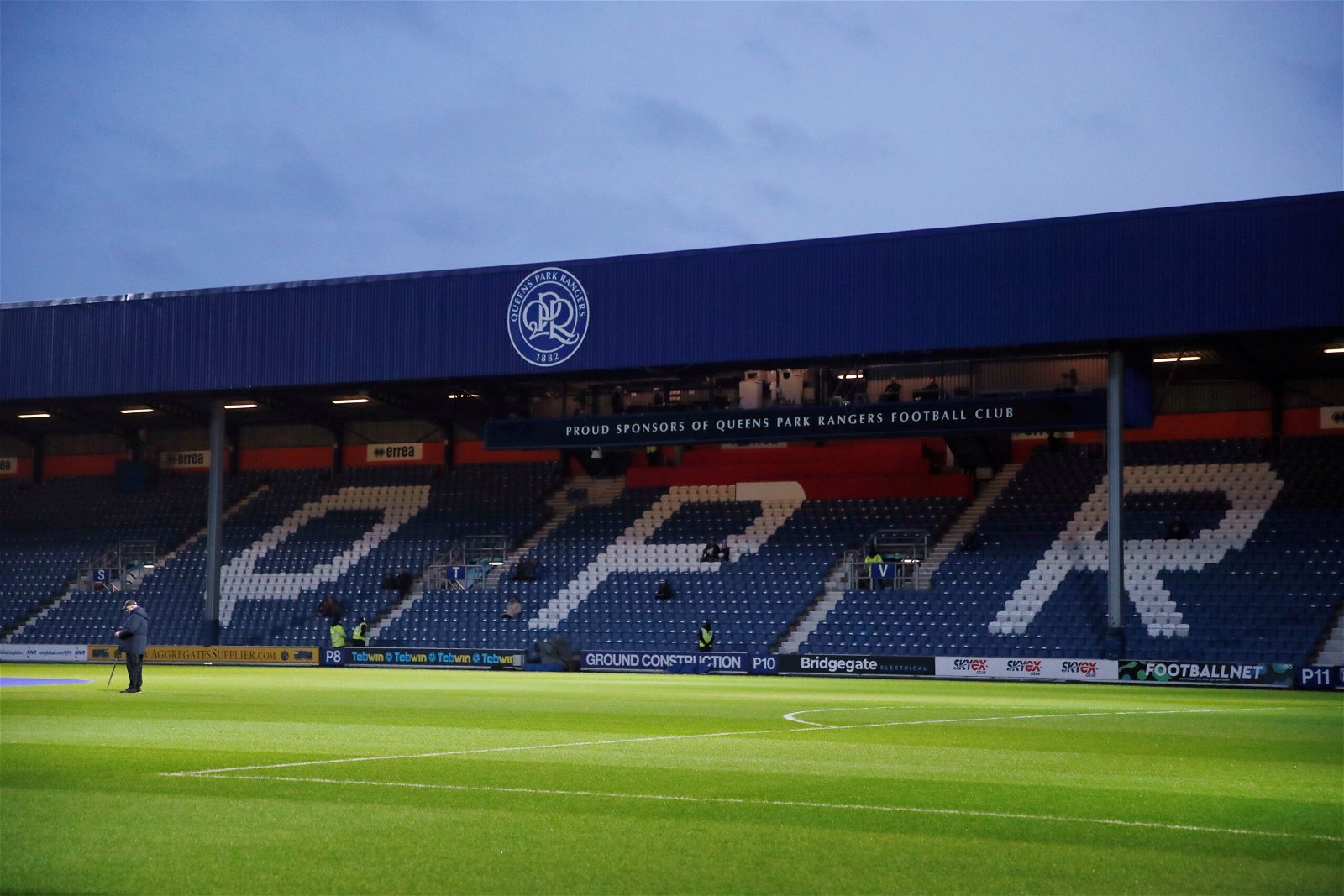Overwhelmingly, footballers are judged on statistics. How many trophies has he won? What’s his goals to game ratio like? How many times has Lee Cattermole stamped on his ankle? Every once in a while, though, a footballer appears whose impact is not defined by mere statistics, or even by the memories of supporters, nostalgically reminiscing in the pub by the ground years later.
For a few special players, their gracing of the turf transcends those things. They are rare players, the ones who leave a mark which is vaster, greater and less tangible. Baichung Bhutia, the first Indian-born player to grace English professional football remains vivid in the mind, forever synonymous with that baggy, blue-and-white Bury kit, with the word ‘Birthdays’ scrawled over it in cursive lettering. He is undoubtedly one of those few.
In the late 1990s, the Football League was rather less global than the makeup of today’s 72 clubs. It was an era when terracing was common, TV coverage was sporadic, and the most exotic location new signings came from was somewhere like Cumbernauld or Carmarthen. For Baichung Bhutia, though, England offered an opportunity for football more high-profile, better payed and more professional than the Indian game offered at that time. In a 2001 interview with The Guardian, at the height of his English epoch, he recollected a childhood where he “watched a lot of local football and like everyone else in India, had local heroes”.
Amidst the fragrant cardamom fields of India’s Sikkim Region, more than 4,000 miles east of the hallowed turf of Gigg Lane, the young, ambitious and football-mad Bhutia was a world away from the cosy, humble warren of terraced streets which converge on The Shakers’ home. English football must have been a world more imagined than admired, and for supporters of Bury in the Nationwide Division Two (the present-day League One), the idea of an Indian striker sweeping through the Chesterfield defence may well have seemed an equally remote possibility.
Whilst small-town heroes may have been aplenty in India’s football scene (and certainly in a more parochial English Football League), the sizeable Indian population of Manchester, and of England as a whole, were awash with avid football fans, but unable to find a recognisable, relatable on field hero who was, as the universal football chant goes, ‘one of our own’.
Wherever his opportunity arose, it always seemed that Bhutia would outgrow the Indian game. On his national debut in 1995, he scored a spectacular winner against then Asian Games gold medallists Uzbekistan. He quickly established himself as a mainstay in the Blue Tigers side, later captaining his vast, diverse nation on the football field. He played with distinction for the country’s prominent East Bengal F.C., becoming the first player to score a hat-trick in the fierce and high-profile local derby against Mohun Bagan. But, unlike talented contemporaries who continued their career in the leagues of their homeland, Bhutia headed to England, and proved able to handle several setbacks before he sprinted through the Northern cold under the floodlights, towards the modern Cemetery End.
But, whilst English football proved a cemetery for some of its earliest intrepid explorers, Bhutia established himself as a reliable and skilful squad player. After failed trials with multiple Midlands-based clubs including West Bromwich Albion and Aston Villa, then-Bury boss Neil Warnock snapped up Bhutia in September 1999 (though, frustratingly, his work permit would not arrive until later in the Autumn), as one of his final acts as Shakers manager. Whilst Gigg Lane was just a stopgap for the irascible gaffer, and Warnock’s legacy of results amounted to little more than a devastating relegation from the second-tier, his decision to sign Bhutia would have positive reverberations beyond the football pitch. Few of Neil Warnock’s decisions will have been so unanimously praised.
Though Bhutia’s Bury bow was a wonderful moment for football fans within England’s Indian community – regardless of which club their allegiances lay with – it was also, objectively, a fairly positive dawn for Bury. On 15th April 2000, Bhutia scored the first of his three league goals for the club, against Chesterfield. His beautiful, sweeping finish from a corner was the first ever goal scored by an Asian player in the Football League. In terms of style, Bhutia was a lithe, skilful and intelligent striker. His goalscoring rate for the Shakers was, to put it kindly, modest. But his workrate on the field and his tenacity off it – travelling into uncharted territory on behalf of a proud nation, was undeniable. The Times of India claimed that Bhutia “made a dream come splendidly true”, and whilst the statistics weren’t the most spectacular, the story was.
Whilst Bhutia’s Bury stint was a proud moment for the player and millions besides, the legacy of his move has never yielded the influx of Indian-born or British Indian players to match those communities’ love for the game. “I am not very happy right now”, Bhutia confided to The Times of India in 2001, and he discussed feeling out of place in English football. The words of Eric Cantona, another momentous foreign import, are in my mind. When ‘The King’ was interviewed in Dave Simpson’s wonderful book on Leeds United, The Last Champions, Cantona described moving to England in 1992 as a “big change”, not like the present-day, where “a lot of foreign players play in England”. Perhaps the big change, the emergence of a crop of Indian and Anglo-Indian talent will be the next piece of exciting news at your Football League club. I rather hope so.









